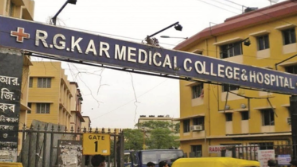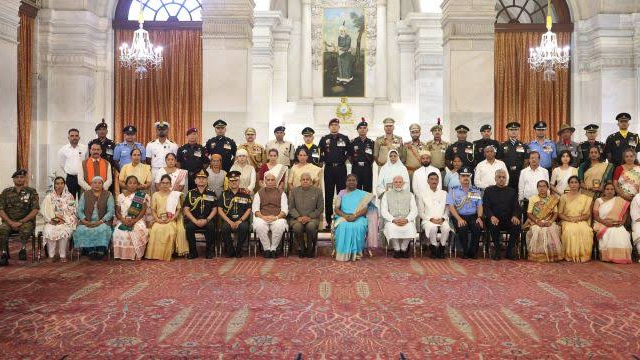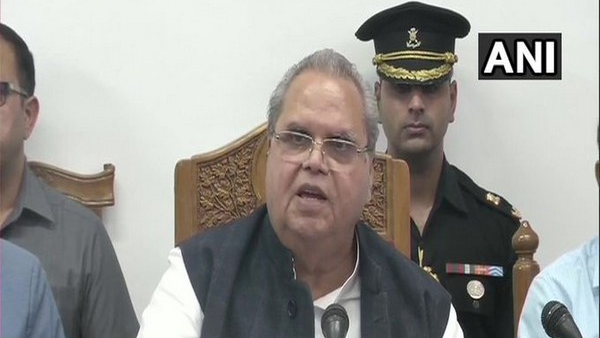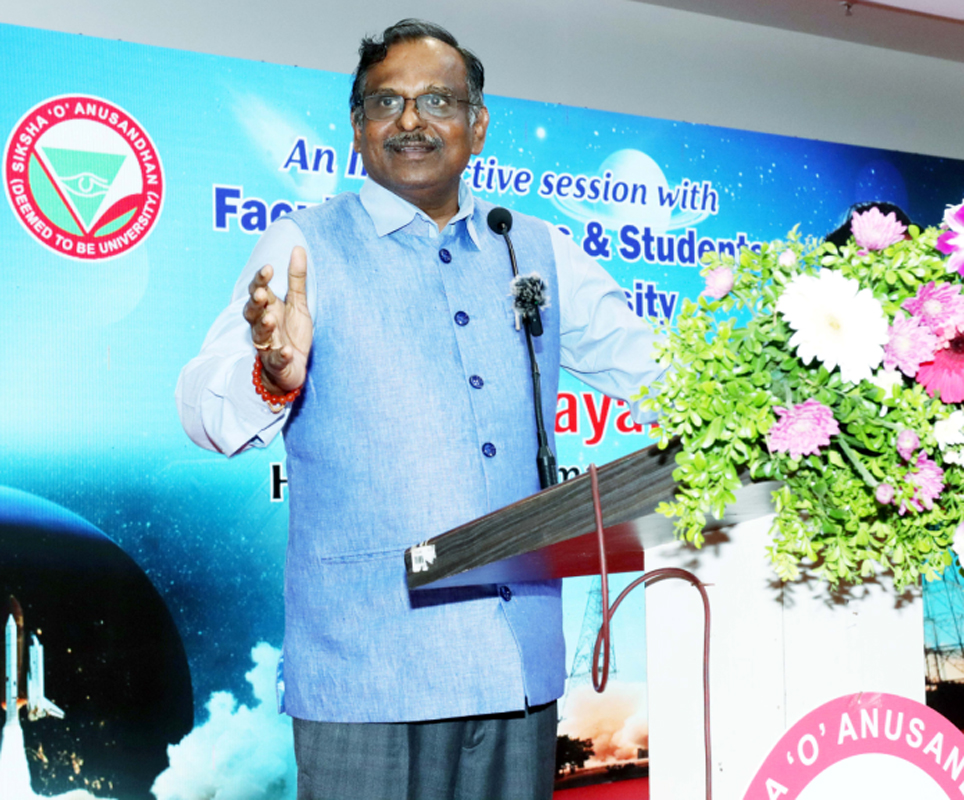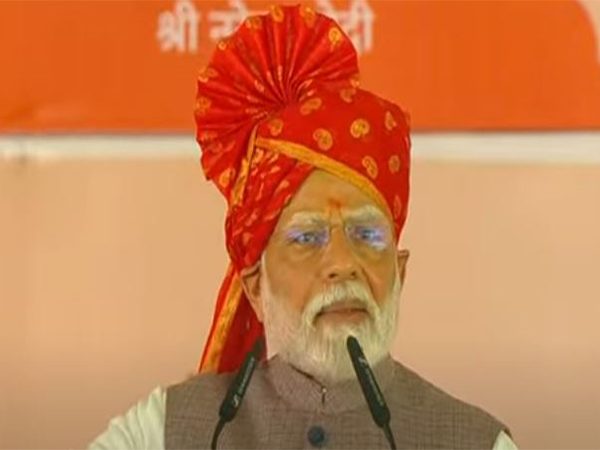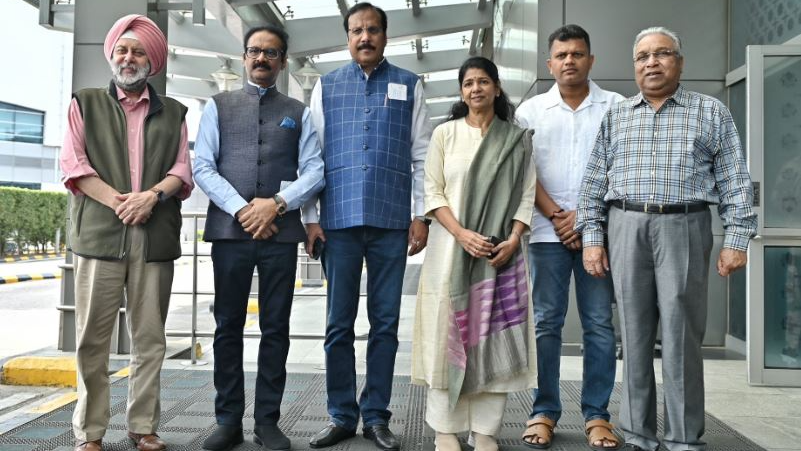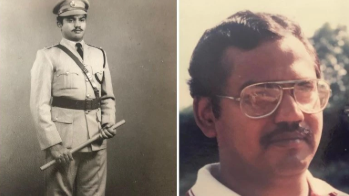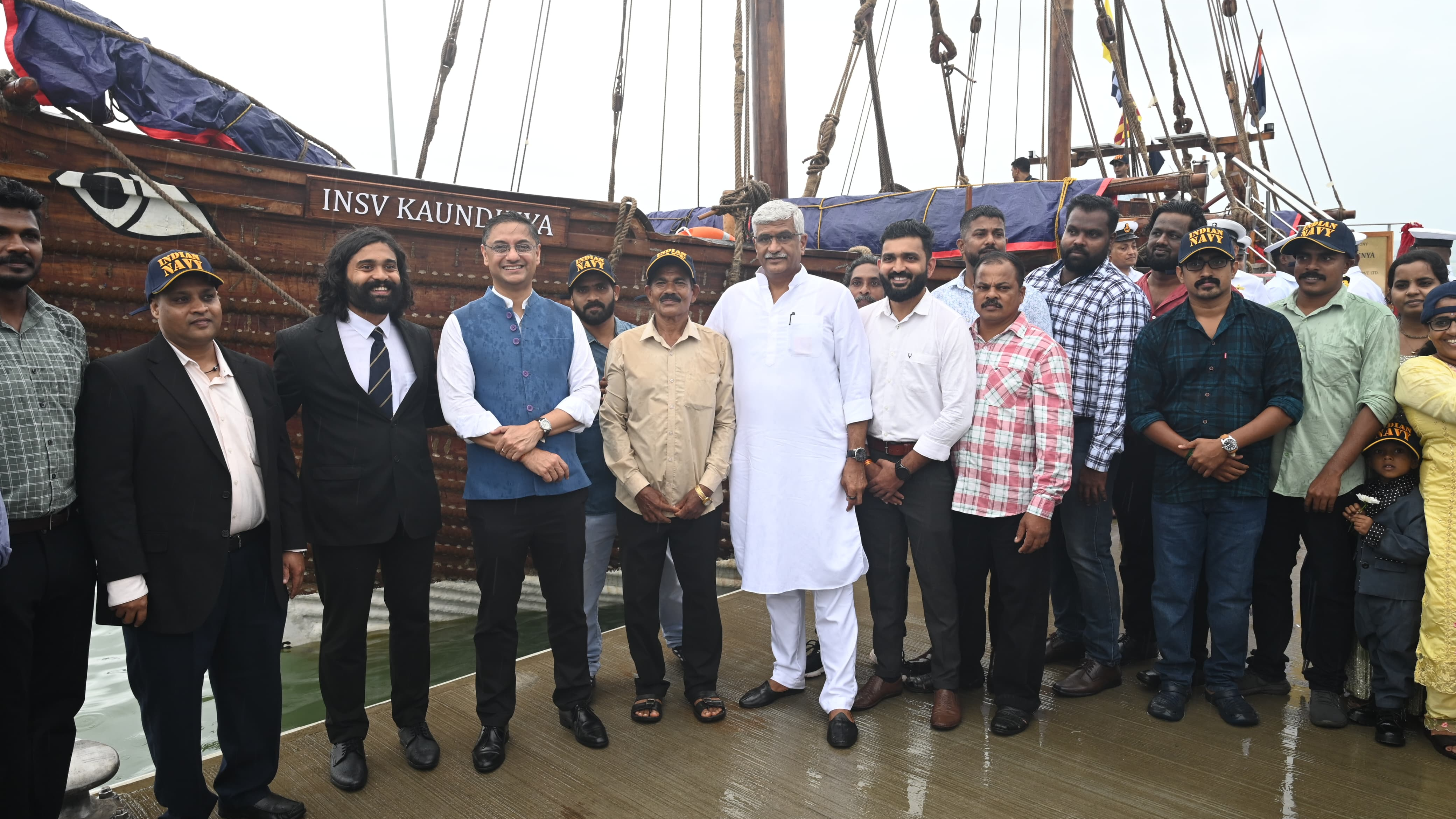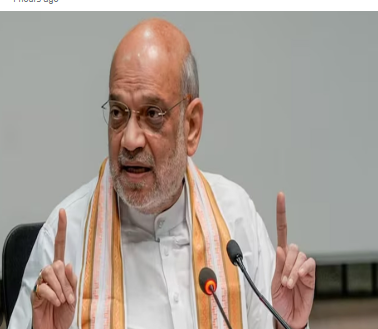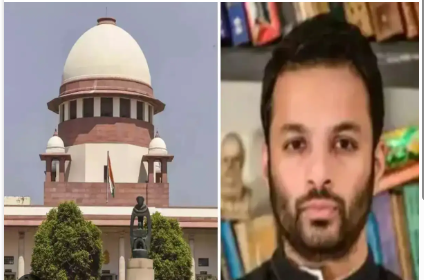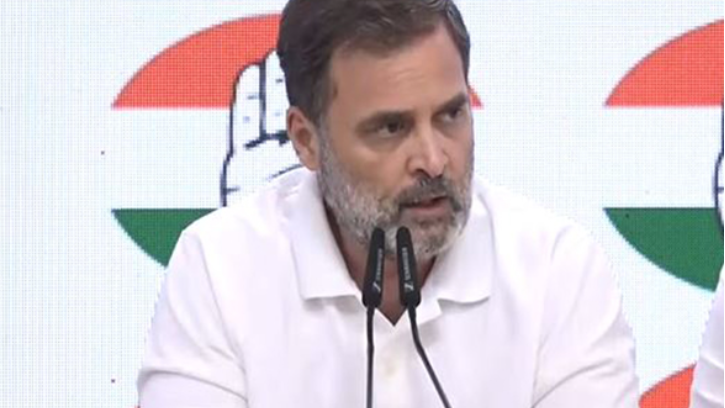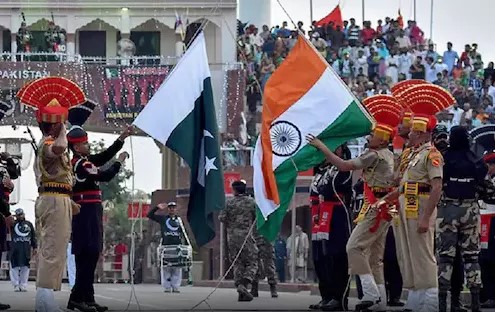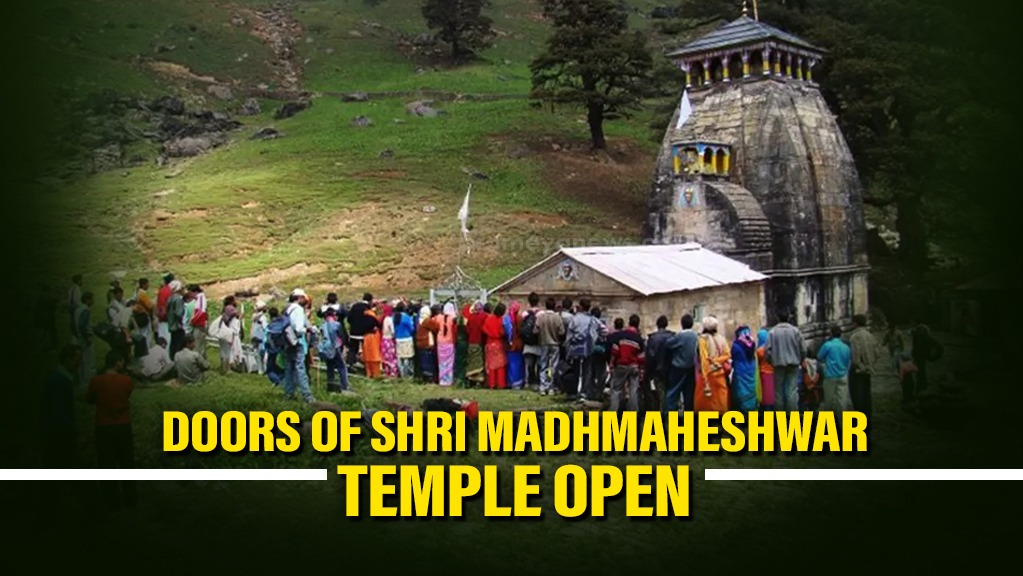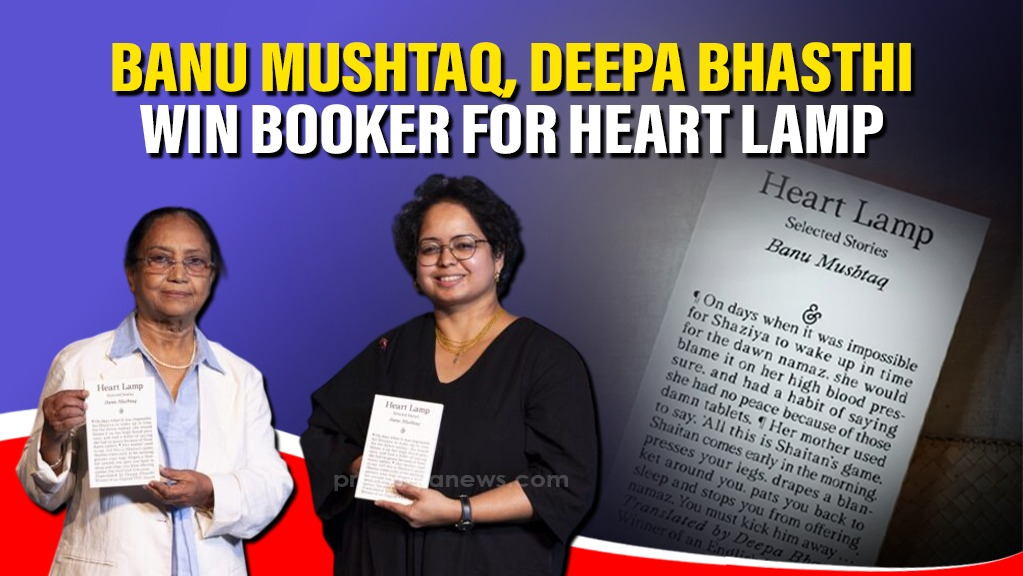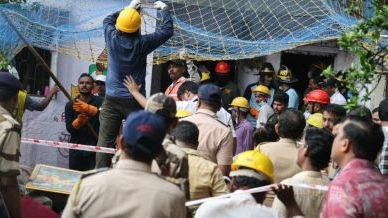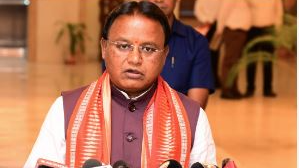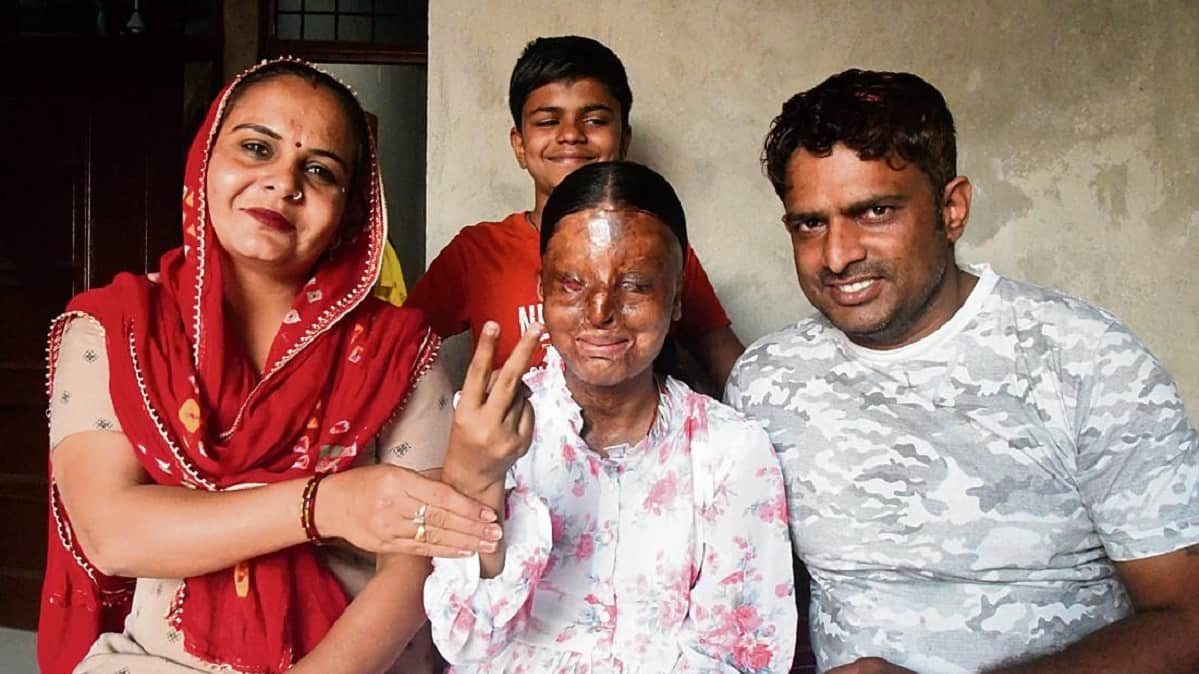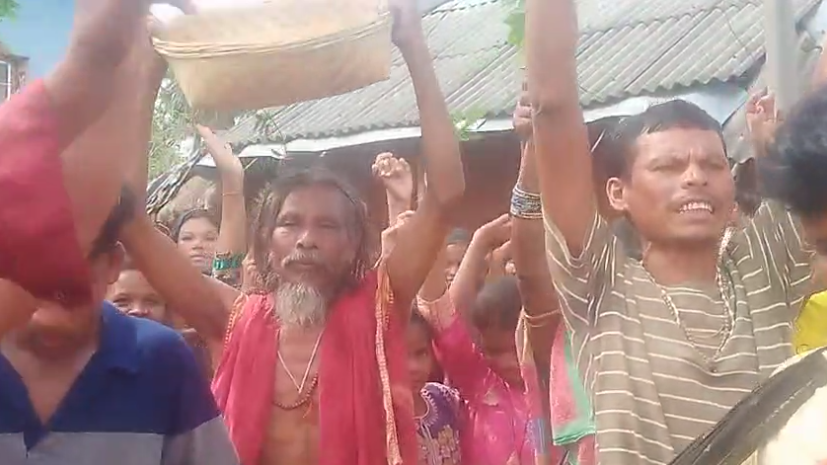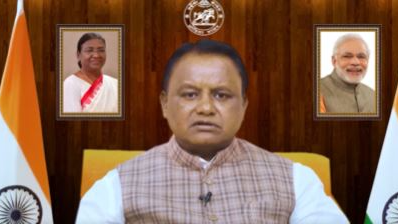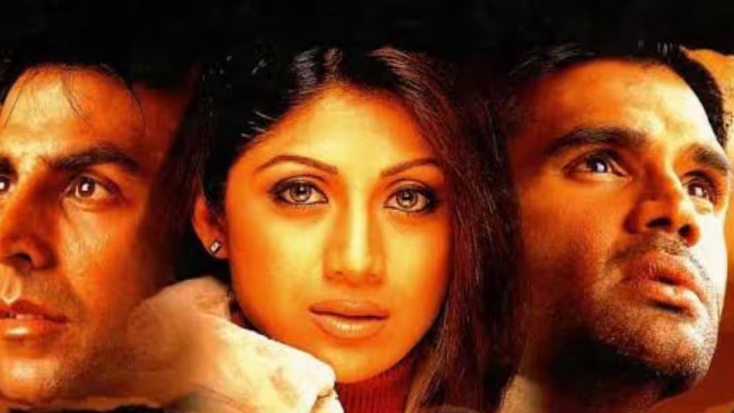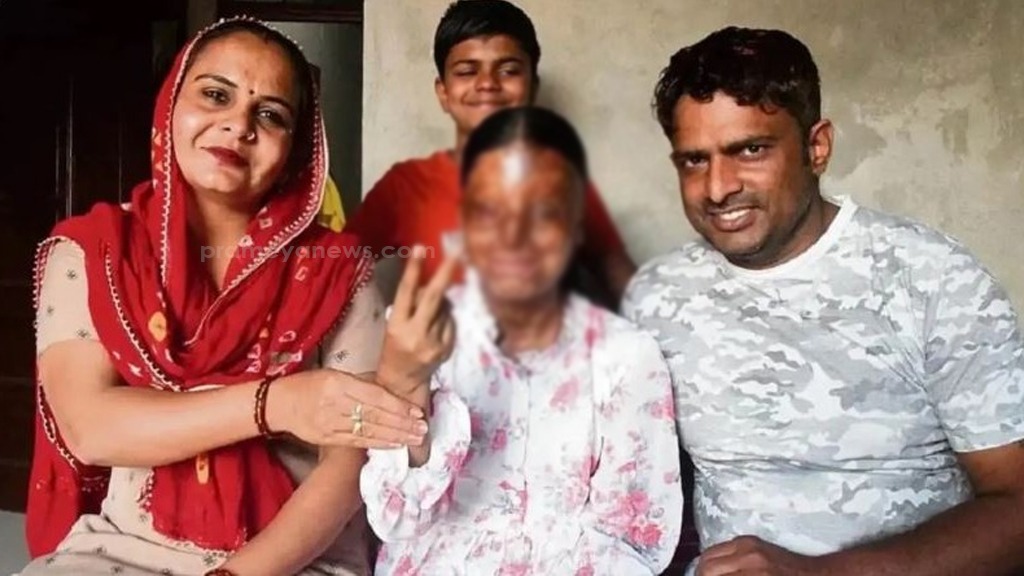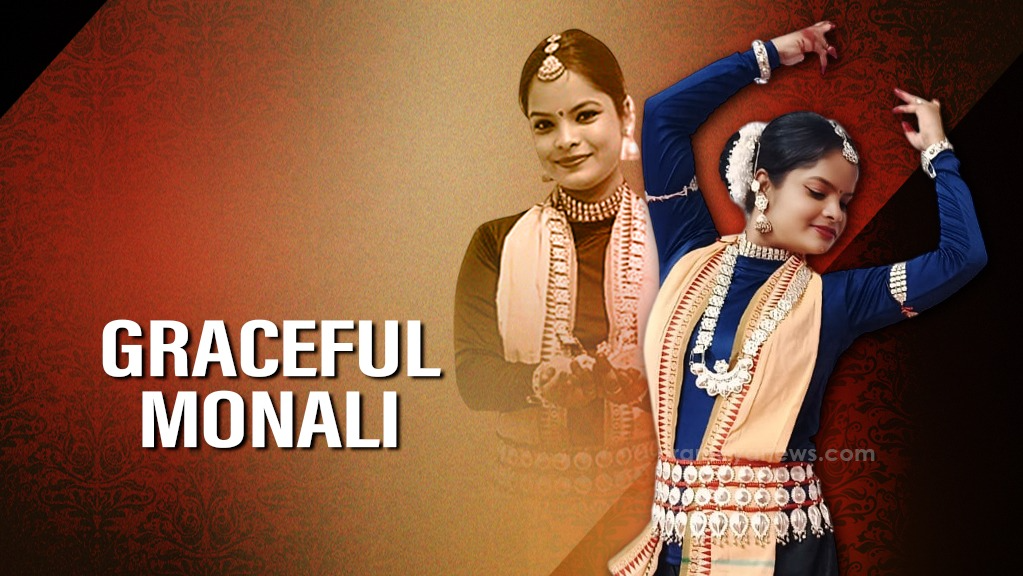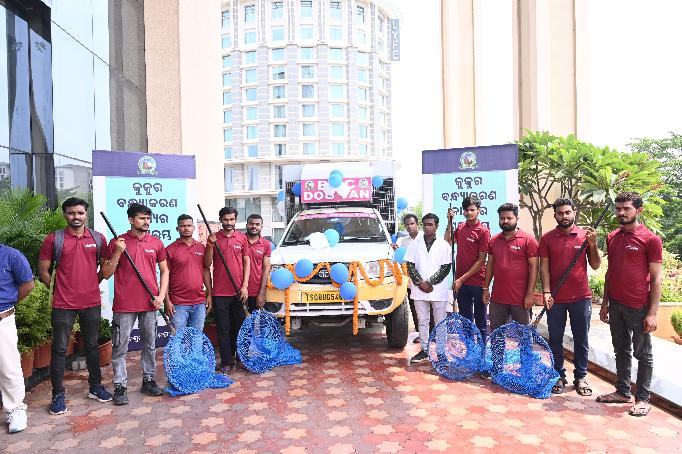Bhubaneswar: In the heart of North Kolkata stands witnesst to one man's vision - the RG Kar Medical College and Hospital. Yet, few among the thousands who pass through its halls daily know the extraordinary story of its namesake, Dr. Radha Gobinda Kar, a pioneer who revolutionized medical education in colonial Bengal.
Born in 1852 in a small village in Vikrampur (now in Bangladesh), Radha Gobinda Kar's journey from a humble background to becoming one of Bengal's most influential medical practitioners is a tale of perseverance and vision. His early life was marked by financial hardships, but his brilliant academic performance earned him a scholarship to study medicine at Calcutta Medical College.
"Dr. Kar believed that medical education should not be the privilege of the elite alone," notes Dr. Amit Ghosh, medical historian and author of 'Medical Pioneers of Bengal.' "He was among the first to challenge the British monopoly over medical education in India."
Revolutionary Beginnings
In 1886, Dr. Kar took a revolutionary step by establishing the Calcutta Medical School in his own house at 1, Cornwallis Street (now Bidhan Sarani). This institution, which would later evolve into the RG Kar Medical College, began with just 12 students but represented a bold challenge to the colonial medical establishment.
Dr. Sudipta Ray, current Head of Medical History at RG Kar Medical College, shares an interesting anecdote: "Dr. Kar would often conduct classes in Bengali, breaking away from the conventional English-only medical education. This was considered radical at the time, but he believed medical knowledge should be accessible to all."
Lesser-Known Facts
Among the many fascinating aspects of Dr. Kar's life, several stand out:
- He was one of the first Indian doctors to perform successful cataract surgeries using indigenous techniques and instruments he developed himself.
- During the 1896 plague epidemic in Calcutta, he turned his medical school into a temporary hospital, treating patients free of cost while risking his own life.
- He maintained detailed medical journals in Bengali, creating one of the first systematic documentations of tropical diseases in an Indian language.
Political and Social Contributions
While his medical achievements are well-documented, Dr. Kar's role in the independence movement is less known. He was a close associate of Surendranath Banerjee and provided medical support to freedom fighters, often treating them secretly in his clinic.
"Dr. Kar's home was a meeting point for nationalist leaders," reveals historian Dr. Pritha Banerjee. "He used his medical practice as a cover to help the independence movement, something that doesn't find mention in most history books."
The Legacy Continues
The institution he founded went through several transformations. In 1911, it became the Belgachia Medical School, and in 1948, it was upgraded to RG Kar Medical College. Today, it stands as one of Eastern India's premier medical institutions.
Dr. Kar's innovative teaching methods continue to influence medical education. He was among the first to introduce practical demonstrations and bedside training in India, methods that were revolutionary for his time but are now standard practice.
Personal Life and Philosophy
A lesser-known aspect of Dr. Kar's life was his dedication to social reform. He actively supported women's education and was among the first to admit female students to his medical school. His personal diary, discovered in 2003, reveals his progressive views on social issues.
"I dream of a day when medical knowledge will not be confined by language, class, or gender," he wrote in 1890. "True healing knows no such boundaries."
The Final Years
Dr. Kar continued practicing and teaching until his last days. He passed away in 1908, but not before seeing his small medical school grow into a respected institution. At his funeral, one of his students remarked, "He taught us not just medicine, but humanity."
Modern Relevance
Today, RG Kar Medical College and Hospital serves millions of patients annually. The institution maintains several artifacts from Dr. Kar's time, including his original surgical instruments and handwritten notes.
Dr. Kar's vision of accessible medical education remains relevant. As Dr. Ray notes, "In an era of increasing privatization of medical education, Dr. Kar's philosophy of making medical knowledge accessible to all socio-economic classes deserves renewed attention."
His legacy extends beyond the institution he built. The principles he established - of accessible medical education, the importance of indigenous language in medical training, and the combination of modern medicine with local understanding - continue to influence medical education in India.
As modern medicine advances rapidly, Dr. Radha Gobinda Kar's story reminds us that true medical progress lies not just in scientific advancement, but in making healthcare accessible to all. His life's work stands as a testament to what one individual's vision can achieve, transforming not just an institution, but the very fabric of medical education in India.








